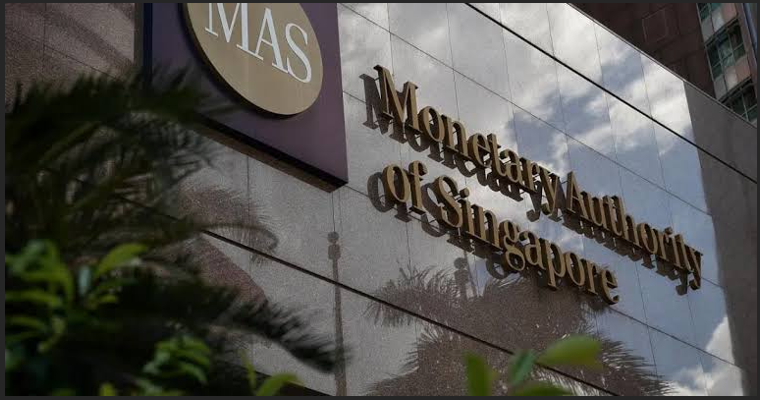Singapore has long been recognized as a global fintech hub, attracting numerous crypto firms with its progressive regulatory environment. However, the Monetary Authority of Singapore (MAS) has recently introduced stringent measures to enhance financial compliance and digital asset governance. Effective June 30, 2025, MAS mandates that all Digital Token Service Providers (DTSPs) serving exclusively overseas clients must obtain a license, significantly impacting offshore crypto firms operating from Singapore.
Understanding the New Licensing Requirements

Singapore Gets Tough on Offshore Crypto Operators as Time Runs Out
Under the Financial Services and Markets Act 2022 (FSMA), MAS has clarified that DTSPs providing services related to digital payment tokens or tokenized capital market products solely to overseas customers are required to be licensed. This move aims to close regulatory gaps and ensure that all crypto service providers adhere to stringent financial compliance standards. MAS has emphasized that licenses will generally not be issued to such offshore-only entities due to elevated money laundering risks and the challenges associated with supervising activities conducted entirely outside Singapore .
Implications for Offshore Crypto Firms
The new regulations have significant implications for offshore crypto firms operating from Singapore. Companies that fail to obtain the necessary license by the June 30 deadline must cease their offshore activities or face severe penalties, including fines of up to SGD 250,000 (approximately USD 185,000) and imprisonment for up to three years . This directive affects a wide range of entities, from proprietary trading desks to over-the-counter platforms and infrastructure providers. MAS’s decision underscores its commitment to mitigating risks associated with money laundering and terrorism financing, aligning Singapore’s regulatory framework with global standards.
Strengthening Digital Asset Governance
MAS’s enhanced licensing regime reflects a broader effort to strengthen digital asset governance and fintech oversight. By requiring offshore-only crypto firms to obtain licenses, MAS aims to ensure that all entities operating from Singapore, regardless of their client base, are subject to consistent regulatory scrutiny. This approach not only enhances financial compliance but also reinforces Singapore’s reputation as a secure and well-regulated financial hub.
Challenges and Considerations for Crypto Service Providers

Singapore’s Monetary Authority is enforcing tight regulations
While the new regulations aim to bolster financial compliance, they also present challenges for crypto service providers. Firms must navigate the complexities of obtaining a license, which includes meeting stringent requirements such as a minimum base capital of SGD 250,000, adherence to the Financial Action Task Force (FATF) standards, and implementation of robust technology risk controls . Additionally, companies must re-onboard existing customers with updated due diligence measures, further emphasizing the importance of comprehensive compliance strategies.
The Global Context: Aligning with International Standards
Singapore’s regulatory update is part of a broader global trend toward stricter oversight of the crypto industry. Jurisdictions worldwide are implementing measures to address risks associated with digital assets, including money laundering and terrorism financing. By tightening its licensing requirements, Singapore aligns itself with international efforts to enhance the integrity and stability of the financial system. This proactive approach ensures that Singapore remains at the forefront of digital asset governance and continues to attract reputable fintech firms committed to compliance and innovation.
Also Read: XRP in the Spotlight: Ripple’s SEC Case Nears End as June Momentum Builds
Conclusion
The MAS’s decision to mandate licenses for offshore-only crypto firms marks a significant shift in Singapore’s regulatory landscape. While the new requirements present challenges for some service providers, they ultimately serve to enhance financial compliance, strengthen digital asset governance, and align Singapore with global regulatory standards. As the June 30, 2025, deadline approaches, crypto firms operating from Singapore must take proactive steps to ensure compliance and adapt to the evolving regulatory environment.

